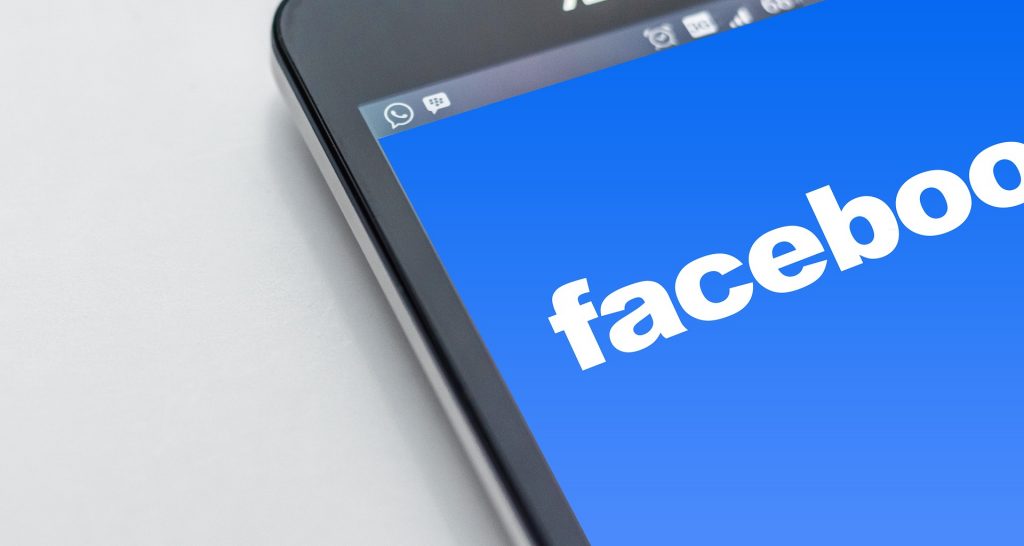This article in Bloomberg suggests that banks are deciding to stay on the sidelines because they over committed to Apple Pay and regret that decision. Apple Pay is in fact the primary reason mobile payments over the payment rails have stalled. Apple refuses to open up NFC, and as a result, banks can’t create a uniform mobile experience across different mobile devices; Apple holds them hostage.
That said, today banks are being asked by Facebook to create and manage a foundation that will guide the deployment of a cryptocurrency. As we stated once before, we would suggest participants look at the Sovrin Foundation as one example of how the new foundation might be structured.
So this is the opportunity for large and innovative banks to create a legitimate alternative to Bitcoin and the other cryptocurrencies that challenge the existing financial system. Assuming there is no commitment to deploy Libra unless it addresses every banking regulatory requirement and makes financial sense for the institution, it strikes us as counterproductive to sit this opportunity out:
“U.S. banks might be happy to stay away from Facebook Inc.’s push into cryptocurrencies. For now.
The Libra Association, the governing body for the coin, is in talks with lenders around the world to join its ranks. Banks are mostly keeping their distance after seeing tepid consumer reaction to digital wallets such as Apple Pay and regulatory scrutiny of digital currencies.
“If Facebook is able to create mass adoption on this platform, then banks will want in,” David Donovan, who leads the global financial-services consulting practice at Publicis Sapient, said in a phone interview. “There’s a business decision they have to make. Facebook is saying the market is not being served well.”
Banks were absent when Facebook announced Libra last week, saying that more than two dozen other companies, including payment networks Visa Inc. and Mastercard Inc., joined the project. The social-media giant said Libra will be backed by fiat currencies to provide payment services to the 1.7 billion people worldwide without easy access to banking.
Facebook and its 2.4 billion active users are hard for the largest U.S. banks to ignore — and Citigroup Inc.’s Michael Corbat has said his firm would consider joining Libra if asked. But it’s not the first time a technology giant promised sweeping changes to the payments world.
Apple Inc. introduced Apple Pay in 2014 to much fanfare. Banks spent millions promoting the service and created card rewards tied to customer use of the product. In a sign of how eager they were, banks even gave Apple a cut of the coveted interchange fees they earn from each swipe of a card.
But five years in, Apple Pay has struggled to take off. Large retailers including Walmart Inc. have been hesitant to accept the technology. And while consumers spent roughly $3 trillion using digital wallets in 2018, almost two-thirds of that spending occurred in China where apps like Alipay and WeChat Pay dominate commerce, according to a report from Juniper Research.
‘Advanced payment methods haven’t really taken hold unless they’re mandated,’ Tim Spenny, a senior vice president at market researcher Magid who has consulted for Facebook and Visa, said in an interview. For him, the question is: ‘What is the use case or what is the pain point that would cause people to say ‘Hey, I’m going to put money into a cryptocurrency to start paying for things.’’
Overview by Tim Sloane, VP, Payments Innovation at Mercator Advisory Group
